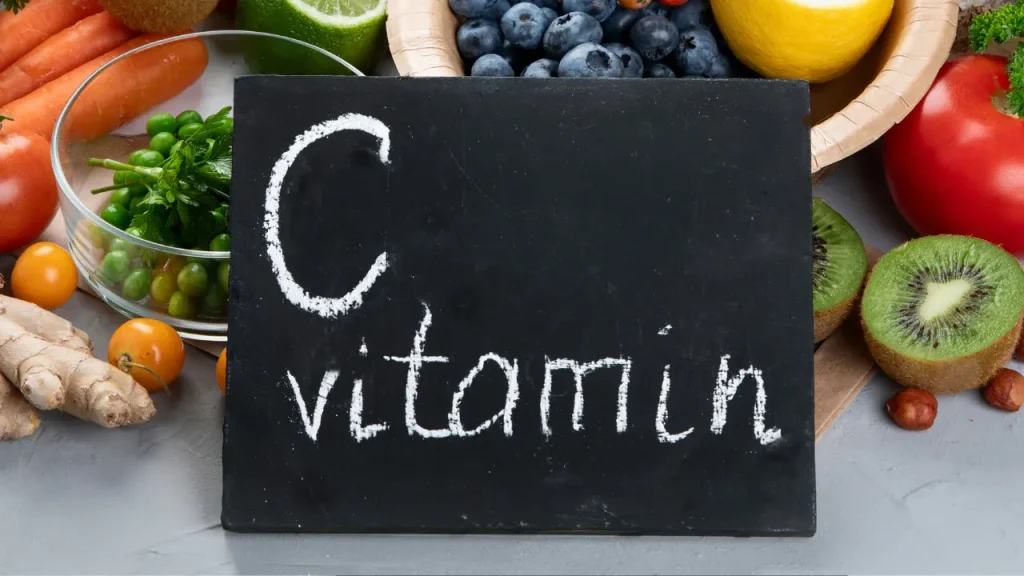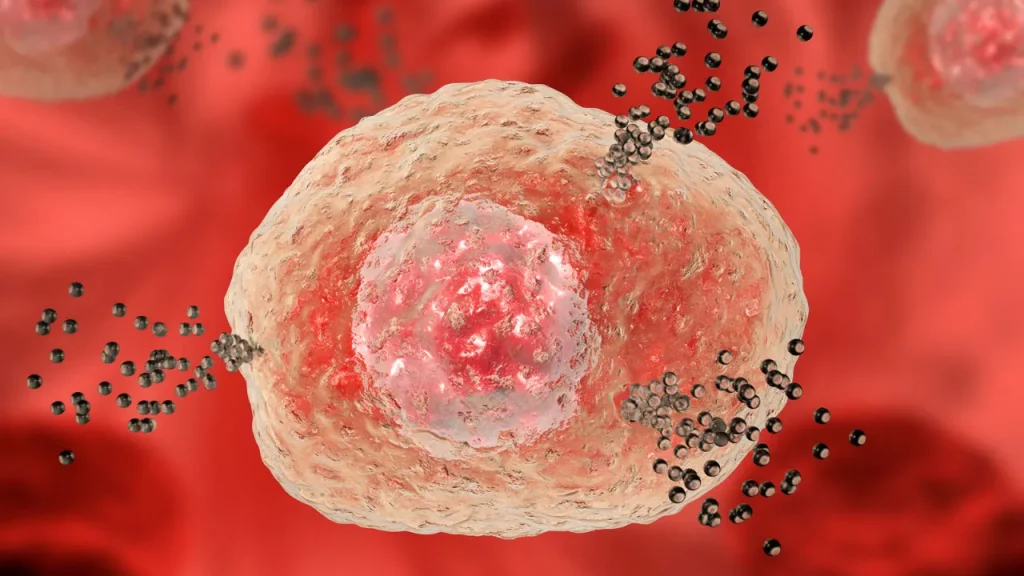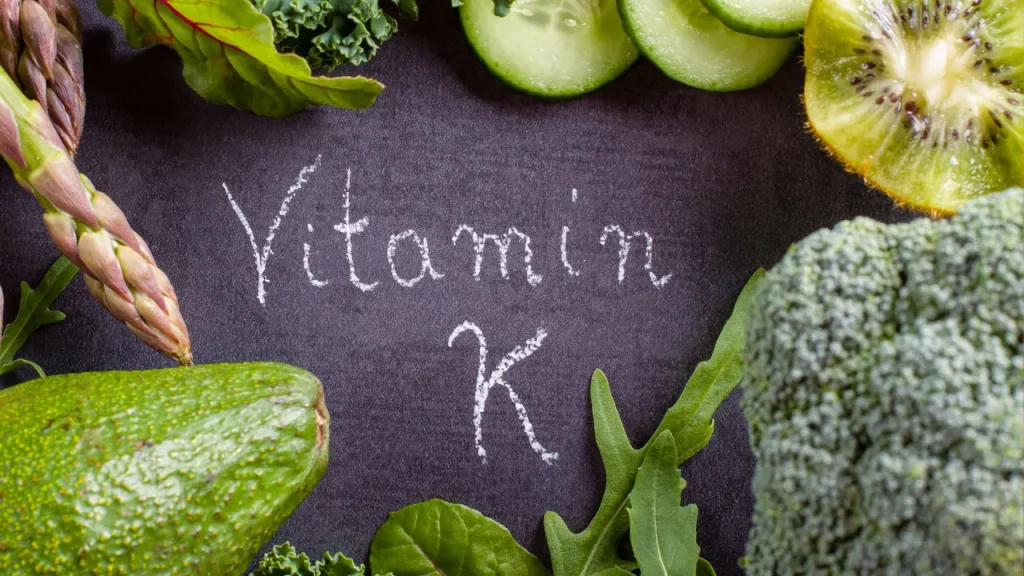The cruciferous vegetable, Brussels Sprouts, belongs to the Brassicaceae family. In recent years, Brussel Sprouts has become a nutritional powerhouse. Within Brussel Sprouts, there are numerous health advantages. These advantages are possible to this vegetable’s high concentrations of phytochemicals, fiber, and critical minerals, including possible protection against some cancers, heart disease, and neurological diseases. The intricate chemistry of Brussels Sprouts and its physiological effects on the human body are thoroughly examined in this article. Please read on for more information, which may lead to your decision to consume Brussel Sprouts for your health.
You May Also Like:
Diamond CBD Gummies vs. Joy Organics CBD Gummies
Sunmed CBD vs. Partnered Process CBD: Finding the Best CBD for Sleep
Brussels Sprouts: Benefits, Dosage, Side Effects, Drug Interactions, and Other Important Information is an original (NootropicsPlanet) article.
Nature of Brussels Sprouts
Brussels Sprouts are abundant in essential vitamins and minerals. Vitamins K and C are especially abundant in them. Over 120% of the recommended daily intake (RDI) for vitamin K and over 80% for vitamin C are in a serving of one-half cup if Brussel Sprouts. Additionally, they are an excellent source of manganese, fiber, vitamin A, and folate.
In terms of macronutrients, Brussels Sprouts have a high protein level compared to other green vegetables. They are high in protein while low in calories and fat. They also contain alpha-linolenic acid, an essential omega-3 fatty acid for lowering inflammation and supporting brain function.
Brussels Sprouts’ special health advantages are mostly due to their phytochemical makeup. They include a group of substances known as glucosinolates, which are the building blocks for isothiocyanates and indoles. Scientists have researched and investigated glucosinolates for their potential to fight cancer. The antioxidant flavonoids kaempferol and quercetin, among others, are abundant in Brussels Sprouts. These are substances that scavenge dangerous free radicals while lowering oxidative stress in the body.
Health Benefits of Brussels Sprouts
Anti-Cancer Features
Upon cell injury, such as when the vegetable is cut or chewed, the glucosinolates in Brussels Sprouts are hydrolyzed by the enzyme myrosinase. As a result, the hydrolized glucosinolates are turned into isothiocyanates and indoles. These substances have been linked to a lower risk of several malignancies, including lung and gastrointestinal cancers. Phase I biotransformation enzymes activate procarcinogens and are inhibited by isothiocyanates like sulforaphane. Inducing phase II detoxification enzymes efficiently neutralize potential carcinogens.
Circulatory Health
The high fiber content of Brussels Sprouts may help to keep the cardiovascular system in good shape. In the colon, dietary fiber binds to bile acids and encourages their evacuation, lowering blood cholesterol levels. This successfully lowers blood cholesterol by forcing the liver to utilize circulating cholesterol to create more bile acids. Moreover, Brussels Sprouts’ omega-3 fatty acids and antioxidants help lower oxidative stress and inflammation, two major risk factors for heart disease.
Neuroprotection
Omega-3 fatty acids and antioxidants in Brussels Sprouts improve brain function, according to research. DHA in particular, an omega-3 fatty acid, is a critical component of neuronal membranes and is important for cognitive function. Meanwhile, oxidative stress in the brain, which is linked to neurodegenerative illnesses like Alzheimer’s and Parkinson’s, may be reduced by antioxidants like vitamin C and kaempferol, both present in Brussel Sprouts.

Chemistry of Brussels Sprouts
A wide variety of chemicals found in Brussels Sprouts contribute to their nutritional value and health benefits.
Glucosinolates
A group of sulfur-containing substances called glucosinolates are present in Brussels Sprouts. An enzyme called myrosinase reacts with glucosinolates when the vegetable is destroyed, such as when it is chopped or chewed, creating isothiocyanates and indoles. The potential anticancer activities of these substances have been researched extensively with promising results.
Phytochemicals
Flavonoids like kaempferol and quercetin are among the several phytochemicals found in abundance in Brussels Sprouts. These substances function as antioxidants, removing dangerous free radicals from the body and lowering oxidative stress.
Essential Foodstuffs
As aforementioned, the vitamins K and C, folate, and manganese are among the vitamins and minerals that are abundant in Brussels Sprouts. Also, they include omega-3 fatty acids like alpha-linolenic acid, which is crucial for maintaining healthy brain function and lowering inflammation.
Physiological Mechanisms of Action
Due to its special makeup, eating Brussels Sprouts may cause a variety of physiological reactions in the body.
Effects Against Cancer
Research repetitively shows that Brussels Sprouts’ isothiocyanates and indoles, which are produced from glucosinolates, have anticancer characteristics. They may stimulate phase II detoxification enzymes and block phase I biotransformation enzymes from activating procarcinogens, helping to neutralize potential carcinogens.
Benefits for Cardiovascular Health
The heart health benefits of Brussels Sprouts’ high fiber content. Consumption of the sprouts leads to their bond to bile acids and encourages their excretion. This action results in an increase in bile acid synthesis from circulating cholesterol, demonstrating how dietary fiber may help lower blood cholesterol levels. Furthermore, Brussels Sprouts’ omega-3 fatty acids and antioxidant content may aid in lowering inflammation and oxidative stress, two major risk factors for heart disease.
Effects of Neuroprotection
Antioxidants in Brussels Sprouts, such vitamin C and flavonoids, have neuroprotective benefits. These substances aid in lowering oxidative stress in the brain, which is linked to neurodegenerative illnesses including Parkinson’s and Alzheimer’s. Brussels Sprouts contain omega-3 fatty acids, notably DHA, crucial for the health and cognitive function of the brain.
Understanding Brussels Sprouts’ chemistry and physiological processes of action might help you understand how the vegetable can be able to improve your health. To completely understand the complex connections between the substances in Brussels Sprouts and their effects on the body and brain, further study is still required.
Please be aware that while the information provided here is based on scientific knowledge, individual reactions may differ. As such, it is always advised to speak with your healthcare expert for specific advice and direction.

Optimal Dosage
Due to the wide range of dietary requirements and tolerances among people, the ideal dose of Brussels Sprouts is not clearly outlined. The U.S. Department of Agriculture advises individuals to consume at least 2.5 cups of vegetables day, which may include Brussels Sprouts.
In general, people accept and are safe around Brussels Sprouts. However, because to their high fiber content, excessive eating may cause stomach discomfort. Furthermore, Brussels Sprouts contain a lot of vitamin K, which might interfere with medications that thin the blood, such warfarin. As a result, people taking such medications should continue consuming vitamin K-rich foods like Brussels Sprouts and should speak with their doctors before making any substantial dietary adjustments.
Finally, Brussels Sprouts contain goitrogens, which, when ingested in excess, might affect the thyroid’s ability to produce hormones. However, heating considerably lowers the amount of goitrogen in Brussels Sprouts, therefore this usually only applies to raw Brussels Sprouts.
Side Effects of Brussels Sprouts
Gastrointestinal Pain
Gastrointestinal pain is one possible negative effect of eating Brussels Sprouts. This might include signs including gas, stomach pains, bloating, or a change in bowel habits. The high fiber content of Brussels Sprouts is largely responsible for these benefits. While eating a lot of foods high in fiber, like Brussels Sprouts, might overtax the digestive system and cause pain, fiber is good for digestion. Fiber intake may be gradually increased, and drinking enough water can help reduce these effects.
Immune Reactions
Rarely, some people may have allergies or sensitivities to cruciferous vegetables like Brussels Sprouts. Itching, hives, swelling, or breathing problems are all examples of allergic responses. It’s crucial to get medical help right away if any of these signs appear after eating Brussels Sprouts.
Effects of Goitrogens
Goitrogens, which are chemicals that might affect thyroid function, are present in Brussels Sprouts. However, heating Brussels Sprouts deactivates the enzymes responsible for producing goitrogen, minimizing the goitrogenic effects. For individualized recommendations on include Brussels Sprouts in their diets, those with pre-existing thyroid issues should speak with their medical professionals.
The fact that these side effects are uncommon and might differ from person to person should be noted. The article advises readers to see a doctor for an accurate assessment and recommendations if you have any lingering or severe symptoms after eating Brussels Sprouts.
Always pay attention to your body’s signals, eat Brussels Sprouts in moderation as part of a healthy diet, and adapt as needed depending on your own tolerance and medical issues.

Potential Substance Interactions
As already mentioned, Brussels Sprouts’ high vitamin K concentration is the main substance interaction worry. Anticoagulant drugs like warfarin may become less effective when vitamin K is present since it is essential for the blood clotting process. For specific guidance, patients using these drugs should speak with their healthcare practitioners.
Consequently, if taken concurrently with some drugs, the high fiber content of Brussels Sprouts may hinder their absorption. As a result, it is advised to wait a while before taking medicine after eating a high-fiber meal.
Best Responsible Uses
A balanced diet that includes Brussels Sprouts may positively impact your health. They may be steamed, boiled, roasted, or sautéed; roasting, which can bring out the vegetable’s natural sweetness and lessen its bitterness. Due to the breakdown of glucosinolates into phenolic compounds, overcooking Brussels Sprouts may result in a considerable loss of nutrients and an increase in bitter taste.
Cooking may deactivate the endogenous myrosinase in the vegetable, so pairing Brussels Sprouts with a source of myrosinase, such as mustard seeds, can maximize the synthesis of health-promoting isothiocyanates. Similarly, eating Brussels Sprouts with a fat source, such as olive oil, may improve the absorption of minerals like vitamin K that are fat-soluble.
The bottom line is that Brussels Sprouts are a nutritious powerhouse that may add to a balanced diet. They have considerable health advantages, including anticancer capabilities, support for cardiovascular health, and possible neuroprotection, thanks to their high vitamin and mineral contents, notably glucosinolates, and rich phytochemical content. Although typically safe, people should be aware of any possible drug interactions, especially with anticoagulant drugs. For the best health advantages, Brussels Sprouts, like other foods, should be included in a balanced, diverse diet.

Brussels Sprouts:
Conclusion
Brussel Sprouts have, in recent years, made a sort of comeback with respect to its reputation for flavor and utility as an ingredient. Previously, this vegetable had a reputation of not tasting great, not being a part of fun recipes, and being something that one ate because “they had to.” That time is over.
Not only have Brussel Sprouts flourished as a vegetable in various cuisines, but this resurgence has also led to a reexamination of it for its nutritional value. They are incredibly healthy and contain chemicals that fight leading diseases in various parts and systems of the body. Consider adding it to your diet, albeit in consultation with health professionals, as some of the chemicals in them can negatively interfere with medications and preexisting conditions.
References:
- “Effects of cruciferous vegetables on cancer prevention.” Retrieved from: https://www.ncbi.nlm.nih.gov/pmc/articles/PMC2737735/
- “Cardiovascular Health Benefits of Specific Vegetable Types: A Narrative Review.” Retrieved from: https://www.ncbi.nlm.nih.gov/pmc/articles/PMC5986475/
- “What Are Cruciferous Vegetables – and Why Are They So Good for You?” Retrieved from: https://health.clevelandclinic.org/crunchy-and-cruciferous-youll-love-this-special-family-of-veggies/
Important Note: The information contained in this article is for general informational purposes only, and should not be construed as health or medical advice, nor is it intended to diagnose, prevent, treat, or cure any disease or health condition. Before embarking on any diet, fitness regimen, or program of nutritional supplementation, it is advisable to consult your healthcare professional in order to determine its safety and probable efficacy in terms of your individual state of health.
Regarding Nutritional Supplements Or Other Non-Prescription Health Products: If any nutritional supplements or other non-prescription health products are mentioned in the foregoing article, any claims or statements made about them have not been evaluated by the U.S. Food and Drug Administration, and such nutritional supplements or other health products are not intended to diagnose, treat, cure, or prevent any disease.


